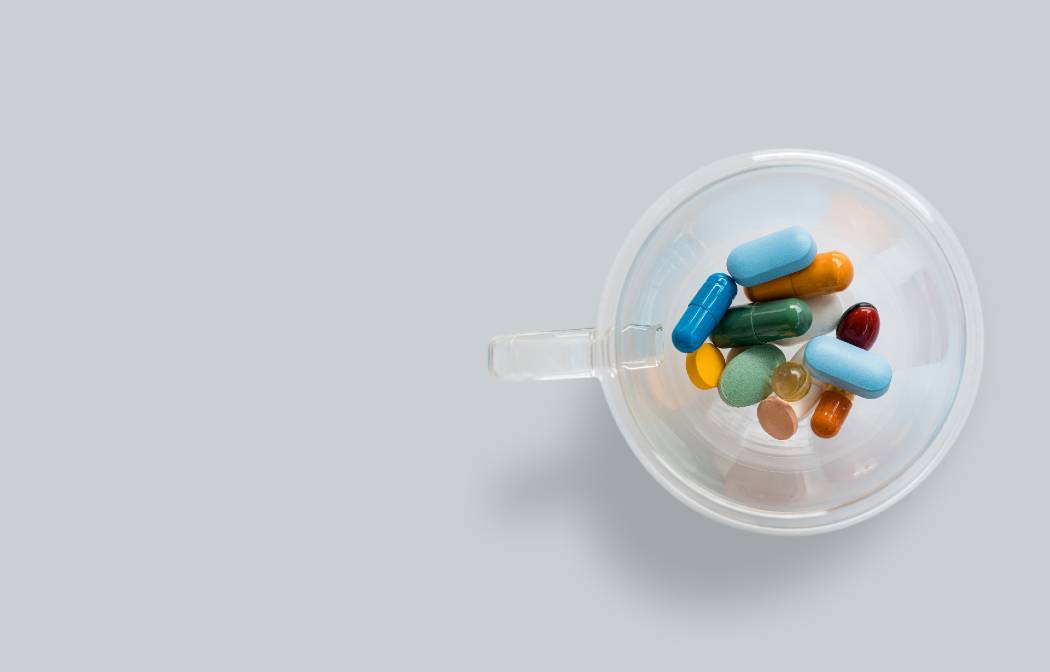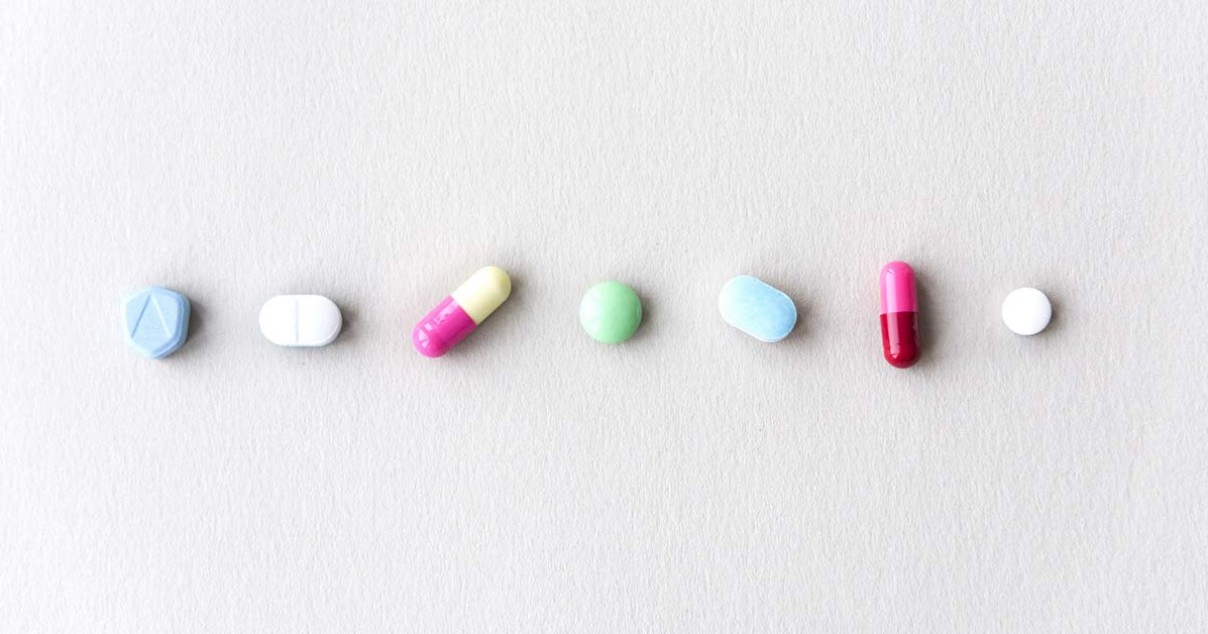Each year, countless homes across the world accumulate unused or expired medications. From leftover prescriptions to over-the-counter drugs that have surpassed their use-by date. Such, medications can pose significant health and environmental risks if not properly managed. The aspect of Controlled Medications Collection does play a very crucial role through which it can become possible to save the environment. This brings to the forefront the crucial yet often overlooked practice of collecting unused medications.
In this comprehensive guide, we delve into the concept and significance of the collection of unused medications. We explore why this practice is essential for public health, and environmental conservation. Along with this, we will prevent any form of drug misuse. Additionally, we discuss the various methods employed globally to gather and safely dispose of these pharmaceuticals. Henceforth, you would be able to range from take-back programs to special collection events and beyond.
The collection of unused medicines at this age and time is quite necessary as it can cause havoc in the environment which is unprecedented. Therefore, to avoid any such unwanted deposits of waste generated we will have a thorough discussion regarding this aspect.

Different Kinds Of Medicational Waste That Must Be Collected At Any Cost
There are several types of medical waste that need to be collected and managed appropriately due to their potential hazards to human health and the environment. The specific requirements for waste management may vary depending on local regulations and guidelines. Here are some common types of medical waste that are generally considered critical to collect:
Infectious Waste –
This includes waste that contains pathogens, such as used sharps (needles, syringes). Moreover, contaminated materials, cultures, and swabs from patients with infectious diseases are also some of the prominent examples.
Pathological Waste –
It refers to human or animal tissues, organs, and body parts that are removed during surgery, autopsy, or medical procedures. Subsequently, proper collection and disposal prevent the risk of infection and the spread of diseases.
Pharmaceutical Waste –
Expired, unused, or contaminated medications, drugs, and vaccines fall into this category. Pharmaceuticals can be harmful if improperly disposed of or if they enter water bodies through improper disposal methods.
Chemical Waste –
This encompasses various chemicals used in healthcare facilities, such as disinfectants, solvents, laboratory reagents, and heavy metals. Proper disposal prevents environmental contamination and potential health risks.
Radioactive Waste –
Generated from nuclear medicine, radiotherapy, and radiology procedures, radioactive waste. Henceforth, it might include contaminated items such as syringes, gloves, and vials. It requires specialized handling and disposal procedures.
Sharps Waste –
Sharps waste includes needles, scalpels, broken glass, and other sharp objects used in medical procedures. It must be collected in puncture-resistant containers to prevent injuries and potential infection transmission.
Non-Hazardous Waste –
Although not considered hazardous, non-hazardous medical waste, like paper, and packaging. Therefore, general non-infectious waste generated in healthcare settings still needs proper collection and disposal.

Steps through which you can dispose of expired medication wastes:
Within this section, we will provide you with adequate information through which you will be able to dispose of expired medical waste. You must adhere to the following steps in order to properly collect waste:
Medication Take-Back Programs –
The best way to dispose of most types of unused or expired medication is through a take-back program. Drug Enforcement Administration (DEA)-authorized collectors safely and securely collect and dispose of pharmaceuticals. Check if there are local drug take-back events or permanent collection sites near you, often located in pharmacies or police stations.
Household Trash –
If you can’t access a take-back program, you can dispose of most medications in your household trash by following these steps:
Remove the drugs from their original containers and mix them with something unpalatable such as used coffee grounds, dirt, or cat litter. Moreover, this makes the medicine less appealing to children, pets, and unauthorized users.
Place the mixture in a sealable bag, empty can, or another container to prevent the drug from leaking out into the garbage.
Remove or obscure all personal information, including the prescription number. Along with this, the empty drug packaging protects your identity and prevents unauthorized refills.
Flushing Medications –
Certain medications can be especially harmful, and in some cases fatal. With just one dose if they are used by someone other than the person for whom the medicine was prescribed. If a take-back program is not immediately available, such medicines should be flushed down the sink or toilet as soon as they are no longer needed.
The FDA provides a list of medicines recommended for disposal by flushing. Before flushing. Moreover, always check the specific disposal instructions on the prescription drug labeling. Along with this, patient information accompanies the medicine.

Why Collection Of Expired Medicine waste must be considered a priority?
Collecting expired medication waste should be considered a priority for several reasons:
Preventing Accidental Ingestion –
Expired or unused medications left unattended at home can be accidentally ingested by children, pets, or even adults, leading to potential poisonings or overdoses.
Avoiding Misuse –
Some prescription drugs, especially controlled substances, have potential for misuse or abuse. If left unused or expired in medicine cabinets, they can become a source of illicit drug use.
Ensuring Drug Efficacy –
Expired medications may not work as well or can potentially be harmful. Thus, they should be properly disposed of to prevent their usage after expiration.
Reducing Antimicrobial Resistance –
Unused antibiotics thrown away or flushed can contribute to the development of drug-resistant bacteria, a significant global health concern.
Wrapping Up:
Proper disposal of these substances not only safeguards our households from accidental ingestion and misuse, but it also protects our environment from contamination. Through initiatives such as take-back programs and following responsible household disposal methods, we can significantly reduce the potential risks associated with improper drug disposal.
Cleanco Waste Treatment is one of the most prevalent and adequate platform where you would be able to get medicinal waste and properly dispose it. Therefore, to keep the environment clean and adequate you would need to keep the waste at bay.
